The Moral Psychology
of Guilt
Moral Psychology of the Emotions
Series Editor: Mark Alfano, Associate Professor, Department of Philosophy, Delft University of Technology
How do our emotions influence our other mental states (perceptions, beliefs, motivations, intentions) and our behavior? How are they influenced by our other mental states, our environments, and our cultures? What is the moral value of a particular emotion in a particular context? This series explores the causes, consequences, and value of the emotions from an interdisciplinary perspective. Emotions are diverse, with components at various levels (biological, neural, psychological, social), so each book in this series is devoted to a distinct emotion. This focus allows the author and reader to delve into a specific mental state, rather than trying to sum up emotions en masse. Authors approach a particular emotion from their own disciplinary angle (e.g., conceptual analysis, feminist philosophy, critical race theory, phenomenology, social psychology, personality psychology, neuroscience) while connecting with other fields. In so doing, they build a mosaic for each emotion, evaluating both its nature and its moral properties.
Other titles in this series:
The Moral Psychology of Forgiveness , edited by Kathryn J. Norlock
The Moral Psychology of Pride , edited by Adam J. Carter and Emma C. Gordon
The Moral Psychology of Sadness , edited by Anna Gotlib
The Moral Psychology of Anger , edited by Myisha Cherry and Owen Flanagan
The Moral Psychology of Contempt , edited by Michelle Mason
The Moral Psychology of Compassion , edited by Justin Caouette and Carolyn Price
The Moral Psychology of Disgust , edited by Nina Strohminger and Victor Kumar
The Moral Psychology of Gratitude , edited by Robert Roberts and Daniel Telech
The Moral Psychology of Admiration , edited by Alfred Archer and Andr Grahle
Forthcoming titles in the series:
The Moral Psychology of Regret , edited by Anna Gotlib
The Moral Psychology of Hope , edited by Claudia Blser and Titus Stahl
The Moral Psychology
of Guilt
Edited by
Bradford Cokelet and Corey J. Maley

London New York
Published by Rowman & Littlefield International Ltd.
6 Tinworth Street, London, SE11 5AL, UK
www.rowmaninternational.com
Rowman & Littlefield International Ltd. is an affiliate of Rowman & Littlefield
4501 Forbes Boulevard, Suite 200, Lanham, Maryland 20706, USA
With additional offices in Boulder, New York, Toronto (Canada), and Plymouth (UK)
www.rowman.com
Selection and editorial matter 2019 by Bradford Cokelet and Corey J. Maley
Copyright in individual chapters is held by the respective chapter authors.
All rights reserved . No part of this book may be reproduced in any form or by any electronic or mechanical means, including information storage and retrieval systems, without written permission from the publisher, except by a reviewer who may quote passages in a review.
British Library Cataloguing in Publication Data
A catalogue record for this book is available from the British Library
ISBN: HB 978-1-78660-965-6
Library of Congress Cataloging-in-Publication Data Available
ISBN: 978-1-78660-965-6 (cloth : alk. paper)
ISBN: 978-1-78660-966-3 (electronic)
 The paper used in this publication meets the minimum requirements of American National Standard for Information SciencesPermanence of Paper for Printed Library Materials, ANSI/NISO Z39.48-1992.
The paper used in this publication meets the minimum requirements of American National Standard for Information SciencesPermanence of Paper for Printed Library Materials, ANSI/NISO Z39.48-1992.
Contents
Bradford Cokelet and Corey J. Maley
Corey J. Maley and Gilbert Harman
Heidi L. Maibom
John Deigh
Heidy Meriste
Alison Duncan Kerr
Blaine J. Fowers
Ilona E. De Hooge
Darren McGee and Roger Giner-Sorolla
Nicholas Sars
Juliette Vazard and Julien Deonna
Reid Blackman
Sophie-Grace Chappell
Anne Jeffrey
Laura Papish
Bongrae Seok
It has been easier than expected to bring this volume to completion, and that is in good part due to the wonderful help and support we have received from colleagues, friends, and family. Mark Alfano was enthusiastic about the project and provided essential help and encouragement at the early stages, and of course the volume would not exist if he had not founded the wonderful series to which it contributes. Natalie Linh Bolderston and Isobel Cowper-Coles at Rowman & Littlefield International have been uniformly helpful, encouraging, and patient. We could not ask for a better experience with a press. The Department of Philosophy at Kansas, as usual, offered an ideal environment in which to pursue our project, and we also benefited from encouragement from our colleagues. Finally, we thank all the contributors, from whom we have learned a lot and who worked hard to produce excellent chapters.
Brad also wishes to thank his wife, Sarah, and his sons, Eli and Henry, who matter the most.
Corey wishes to thank his former advisors Gil Harman and Sarah-Jane Leslie, both of whom encouraged him to write a dissertation on guilt and shame. Additionally, he thanks audiences at the 2017 meeting of the International Society for Research on Emotion and at the 2018 Consortium of European Research on Emotion. Last, and most importantly, Sarah and Max, who make everything worth doing.
Bradford Cokelet and Corey J. Maley
In most Western societies, guilt is widely regarded as a vital moral emotion. In addition to playing a central role in moral development and progress, many take the capacity to feel guilt as a defining feature of morality itself: No truly moral person escapes the pang of guilt when she has done something wrong. But proponents of guilts importance face important challenges, such as distinguishing healthy from pathological forms of guilt, and accounting for the fact that not all cultures value guilt in the same way, if at all. In this volume, philosophers and psychologists come together to think about the nature and value of guilt. The first section of the book concerns the nature of guilt and questions about how to measure it. The second section focuses on the function (or functions) of guilt and questions about why human beings feel guilt. Finally, the third section turns to how we should evaluate guilt and its varieties. This introduction will lay out some of the main issues discussed in the individual chapters so that readers can better choose which to study, as well as highlight links between the chapters and interdisciplinary connections and tensions that the volume brings to light.
The Nature and Measurement of Guilt
Section I contains five papers on the nature and measurement of guilt. The different authorsall philosophersassume that guilt is a negative response to a bad feature of the self (where this can include a bad thing that one has done). They help us dig deeper by thinking about the relevant forms of response and the relevant bad features. While charting out the subtle conceptual contours of guilt, they also raise questions about how psychologists do and should study guilt and effects; they point to ways in which psychologists have overlooked conceptual distinctions and nuance, and explain how this kind of oversight can raise worries about the validity of psychological results and explanations. By the same token, they offer conceptual material that psychologists can appropriate to build better scales, studies, and theories, and they offer arguments that psychologists might fruitfully contest on methodological grounds.

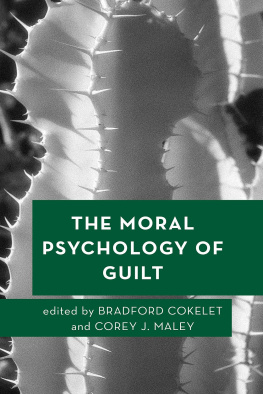
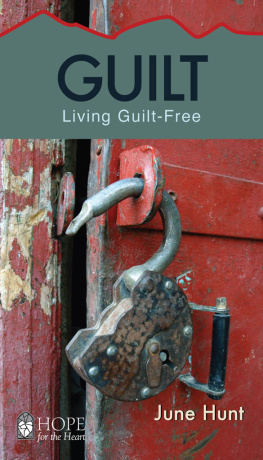


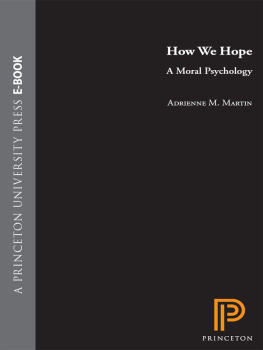
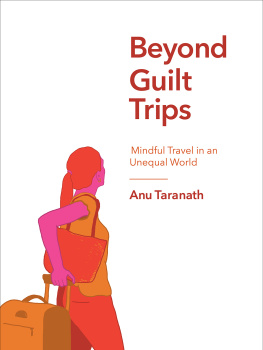
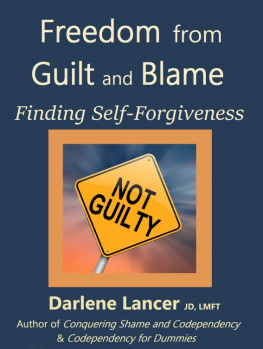
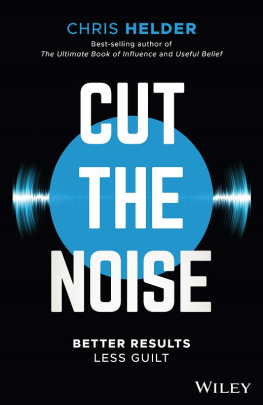
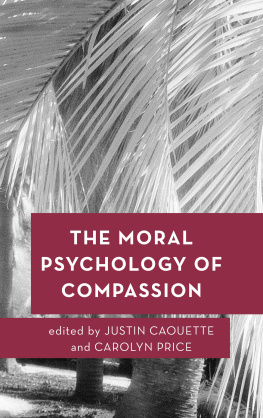
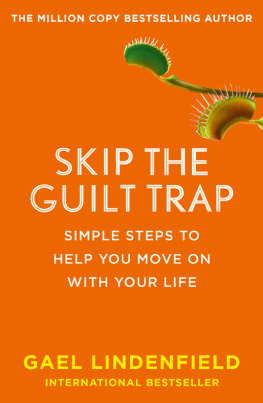
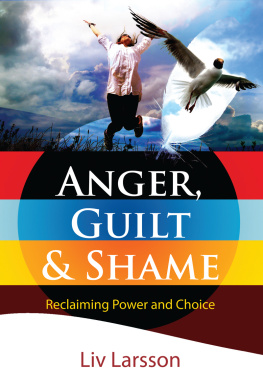


 The paper used in this publication meets the minimum requirements of American National Standard for Information SciencesPermanence of Paper for Printed Library Materials, ANSI/NISO Z39.48-1992.
The paper used in this publication meets the minimum requirements of American National Standard for Information SciencesPermanence of Paper for Printed Library Materials, ANSI/NISO Z39.48-1992.